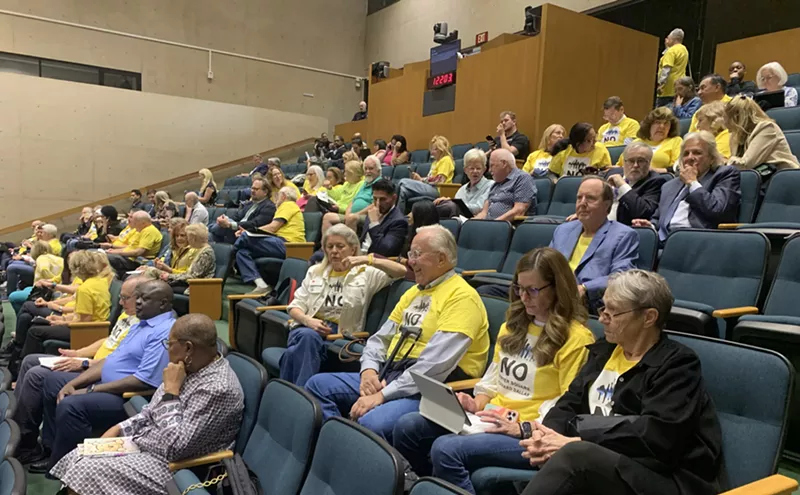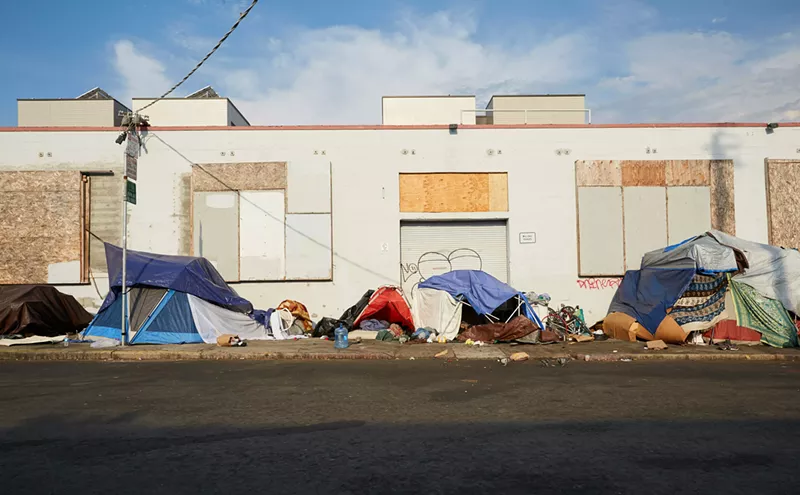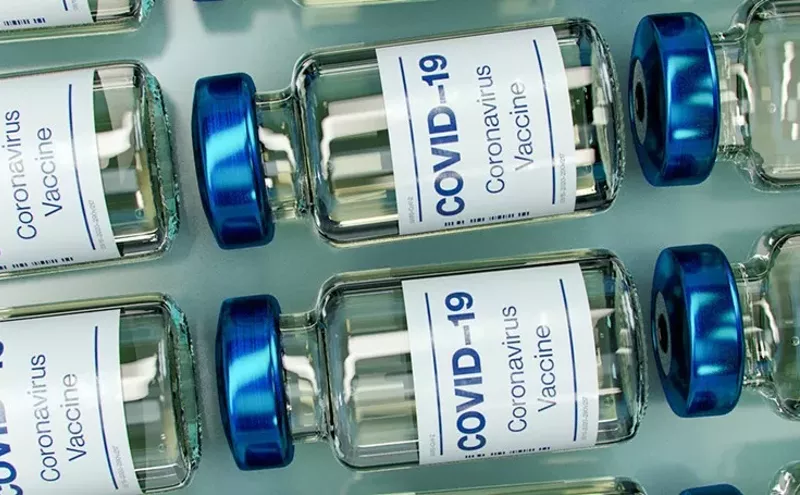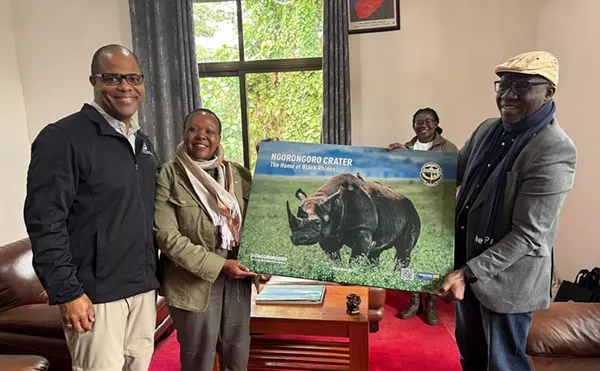Everything's relative.
On the day President Bush announced Miers was his nominee to replace Sandra Day O'Connor on the U.S. Supreme Court, most of the Democrats and liberals I talked to in Dallas were delighted. But for two participants in local politics, surprise and pride over the Miers nomination were tempered by a bad memory.
It was 1989. Battered by the AIDS epidemic, the Dallas gay and lesbian community was still fairly new at organized politics. Lorlee Bartos, a liberal activist who had run mayoral and city council campaigns, was one of the first local campaign managers to seek the public endorsement of gay and lesbian groups for her candidates.
But Bartos now says Miers, whose Dallas City Council campaign she was running in '89, balked at appearing before the Dallas Gay and Lesbian Political Caucus. Bartos says Miers' hesitation caused her a "crisis of conscience." She resolved it, however, in Miers' favor.
Bartos says that when Miers, a lawyer who worked for an old, ultraconservative Dallas firm, expressed uneasiness about seeking gay and lesbian endorsements, Bartos realized she and Miers needed to take time out from the campaign for a serious sit-down.
"She was honest with me," Bartos says. She says Miers told her she was very uneasy about seeking gay and lesbian endorsements. In the same conversation, Bartos says Miers told her she was opposed to abortion. She says Miers had supported abortion rights in her youth but had experienced a "born-again" religious awakening that caused her to change her mind.
Bartos says she persuaded Miers it would be a mistake not to show up for the candidate night at the Dallas Gay and Lesbian Political Caucus.
"She went, and she told them what they didn't want to hear."
The caucus confronted Miers with a list of test questions. Miers answered their questions honestly but did not seek their endorsement. It didn't take long for the caucus to decide that Miers definitely was not their friend.
Craig Holcomb, a former city council member who came out as gay while in office in the late 1980s, says he still has a clear memory of Miers' poor reception before the gay and lesbian group and the aftermath for him personally:
"Harriet was running. It was '89. I was going off the council. And she was a good candidate. I endorsed her."
He says two AIDS activists who are no longer living became extremely angry with him over the endorsement. "They threatened me in a letter with a 'die-in.'"
The threat was that protesters would stage mock deaths from AIDS at both the city council chambers and in front of the family-owned business in East Dallas that Holcomb was running, a dry cleaners founded by Holcomb's father, if Holcomb did not withdraw his endorsement of Miers.
"I called Lorlee, and I called Harriet, and I said, 'Gee, I think it would be better if I did not endorse you, and you didn't use my name,'" Holcomb recalls. "Harriet said, 'That makes sense to me.'"
In the extremely conservative climate of that time in Dallas, Bartos says Miers was still a better candidate for council than anybody else available for the seat. Today, both Bartos and Holcomb have good memories of Miers as a person.
Holcomb, now director of a nonprofit, says that on the morning the White House announced Miers' nomination to the Supreme Court, the endorsement incident was the first thing he and his partner, restaurateur Hector Garcia, discussed.
"Hector and I talked about it. He said as he remembered it, Harriet was very gracious to us when she would see us as a couple after that."
Miers had struck Bartos as a political pioneer, in part because she was a strong single woman seeking public office--a rarity in Dallas at the time. In 1972 she had been the first woman lawyer hired at Locke Purnell, an old-line Dallas firm. She was the first woman president of the Dallas Bar Association in 1985. After leaving the city council in 1991, she would go on to become the first woman president of the State Bar of Texas in 1992 and first woman president of Locke Purnell (now Locke Liddell & Sapp) in 1996.
But Miers, an intensely private person, was also a member and served as counsel to Valley View Christian Church on Marsh Lane, a conservative Evangelical church that teaches that the only path to salvation is a born-again commitment to Jesus Christ.
After leaving the Dallas City Council, Miers' views on abortion did not remain strictly private. As president of the State Bar of Texas, Miers led an unsuccessful campaign to persuade the American Bar Association to drop its endorsement of Roe v. Wade.
But her run-in with the gay and lesbian caucus and the ugly outcome for Holcomb remained almost a secret in Dallas, never discussed publicly by Bartos or Holcomb until this week. In the meantime, Miers is remembered favorably by the people she rubbed up against in Dallas politics, including several liberals.
Mike Daniel is one of a tiny coterie of tough activist lawyers who in the 1970s and '80s pushed through a series of federal anti-segregation, anti-housing discrimination, anti-disenfranchisement lawsuits that changed the city forever. Of that barrage of litigation, the piece that struck the deepest blow was a suit seeking the overthrow of the old city council system.
Daniel represented plaintiffs Marvin Crenshaw and Roy Williams, who argued that Dallas had used a series of tricky arrangements to prevent black people and Latinos from achieving power on the city council. When their lawsuit was coming to a head in 1991, Harriet Miers was nearing the end of her single two-year term as an at-large city council member.
Daniel and Roy Williams, his former client, remember Miers as a smart and thoughtful council member who eventually came to support a version of the all single-member district "14-1" council system they were seeking.
"She's really not an ideologue," Daniel says. "She came over to 14-1 way sooner than the mayor."
The mayor at the time was Annette Strauss, nominally a Dallas liberal, sister-in-law to Robert ("Mr. Democrat") Strauss, who was a former chairman of the Democratic National Committee. Both Daniel and Williams remember Miers as far more interested in fair representation issues than Strauss or any of the other big Democrats still in town in those days.
Roy Williams also was one of two candidates who ran against Miers for the seat she won on the city council in 1989. "She knew the law, and she would always recite case law," he says. "A couple times I rode with her to the debates, even though we were opposing each other. I think she's a fair-minded person."
Daniel also remembers her well from her tenure as a member of the board of Legal Services of North Texas, when Daniel and some of his cadre were legal aid lawyers. "She kept the Bar Association off our backs," he says.
Mary Vogelson, a water expert and activist with the Dallas League of Women Voters, remembers Miers as having a keen interest in an array of public participation issues when she was on the city council. "She was interested in how the public has access to City Hall and to city council meetings," Vogelson says.
Former mayoral candidate Peter Lesser is a liberal who was right in the middle of the racial and political turmoil in Dallas in the late 1980s and early 1990s. He says his radar has always given him favorable impressions of Miers: "Number one, I don't think she is a right-winger. Number two, she comes from the real world."
Jim Buerger, a newspaper publisher, served on the council with Miers where he was a centrist, a healer and weaver of consensus during extremely contentious times. He says now that many of the candidate forums during those days in Dallas were set-ups and shooting galleries.
"If you went in to try to pass the test, you couldn't pass the test. You're not going to go pass the test in that thing."
What counts to Buerger is that Miers was consistently diligent, fair-minded and considerate in her conduct on the council. He describes her as intensely private, playing her cards close to her vest and giving away nothing of her innermost makeup.
"Part of the essence of who she is is that she keeps those things to herself. I have absolutely zero, nothing, no indication in all of those hundreds of hours, all of those thousands of agenda items and any other time I've been with her, to indicate there was any type of a prejudice about her or anything of that sort. I just never saw it."
Miers does not emerge in the pictures people paint of her as shy. Just private. Vogelson, the League of Women Voters activist, credits Miers with working a good room. "I will hand her this, she is a good politician in the sense that I can see her once every two years, and she will walk right over to me and pick me out of a crowd and call me by name and shake my hand. It doesn't matter whether it's here or San Antonio or Washington or places I just happen to run into her."
In the late 1980s and early '90s, Dallas as a whole was far to the right of the rest of the nation. It was a city that seemed to have been passed over by much of the political change that swept the nation in the 1960s and '70s. The battle over the city council configuration--single-member seats instead of at-large representation--was the first instance of truly aggressive political action by minorities.
In that context, and with politics being the art of available alternatives, Harriet Miers looked good to many liberals. In fact, she danced just on the verge of progressivism. She supported the change to an all single-member council system. But later she told reporters she chose not to seek reelection herself because she was not interested in representing only one district instead of the city at large.
Dallas is about to find out where all of that puts Miers and Dallas on the national political spectrum.












